A l’ouverture solennelle de la 3ème réunion de la 1ère session de la 5ème Assemblée Législative de la Communauté Est-Africaine, ce mardi 28 mars, au Palais des congrès de Kigobe, la question de la sécurité à l’est de la RDC s’est invitée.
Dans son message, le chef de l’Etat, Evariste Ndayishimiye, en même temps président en exercice du Sommet des chefs d’Etats de l’EAC a exhorté les députés de l’Assemblée Législative de la Communauté Est-Africaine de fournir beaucoup d’efforts pour aider à la restauration de la paix et la sécurité à l’Est de la République Démocratique du Congo.
Au cours de cette session de l’EALA pilotée par le Burundais, Joseph Ntakirutimana, le président de la Chambre basse du Parlement burundais a plaidé pour une révision des traités régissant l’EAC.
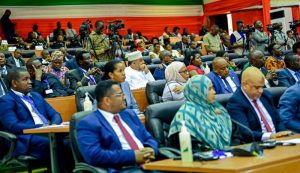
Selon lui, c’est pour que ces textes soient revisités et adaptés au contexte actuel, une question soulevée dernièrement par le président kenyan William Ruto.
L’honorable Gélase-Daniel Ndabirabe en appelle à plus de coopération entre l’Assemblée Législative de la Communauté Est-Africaine et différentes assemblées nationales des pays membres de cette entité régionale.
A côté des trois premiers pays créateurs de l’EAC, le Kenya, l’Ouganda et la Tanzanie, la communauté s’est aujourd’hui élargie, elle est passée de ces trois pays à sept membres. Le cercle s’est agrandi et il y a eu des nouveaux membres : le Rwanda, le Burundi, le Soudan du Sud et la République démocratique du Congo.
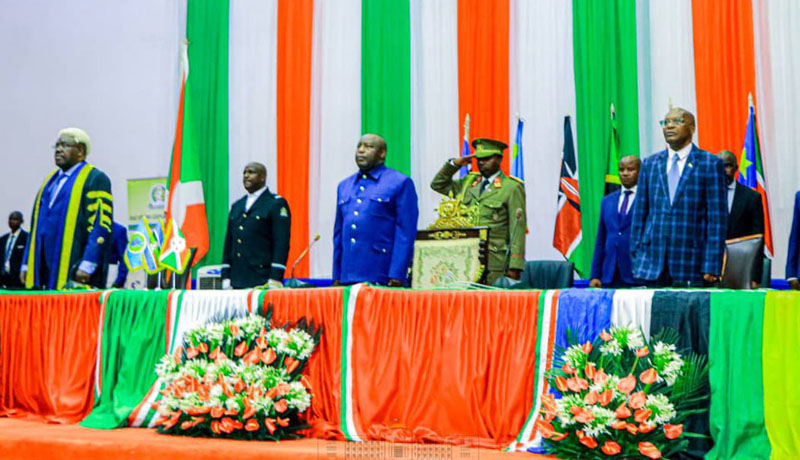
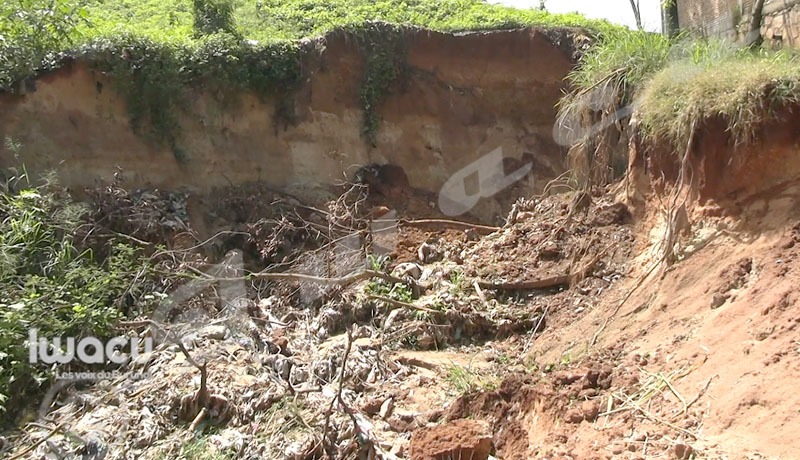
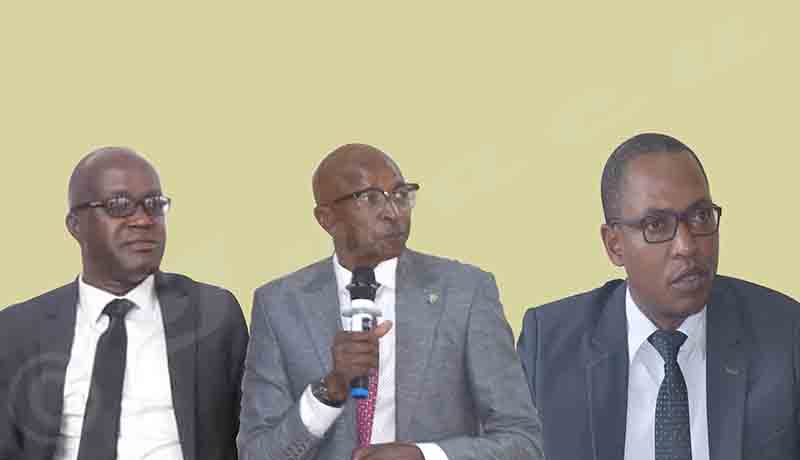
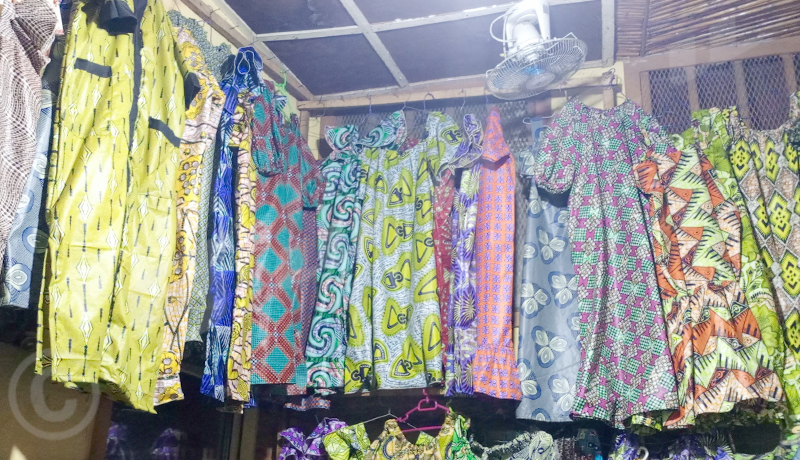
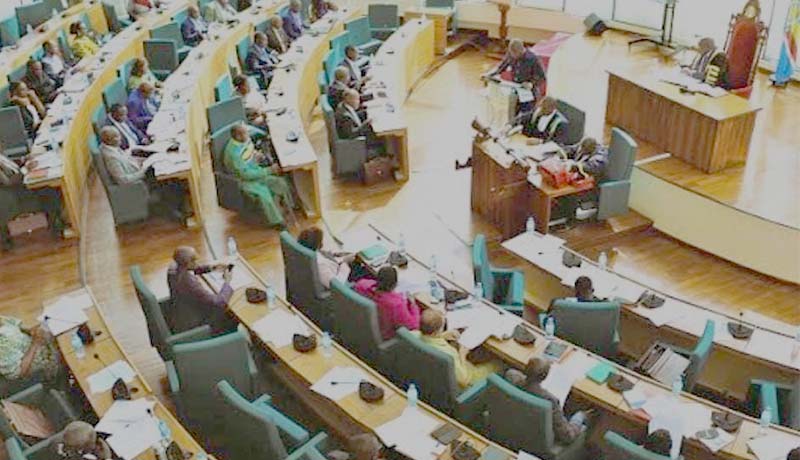
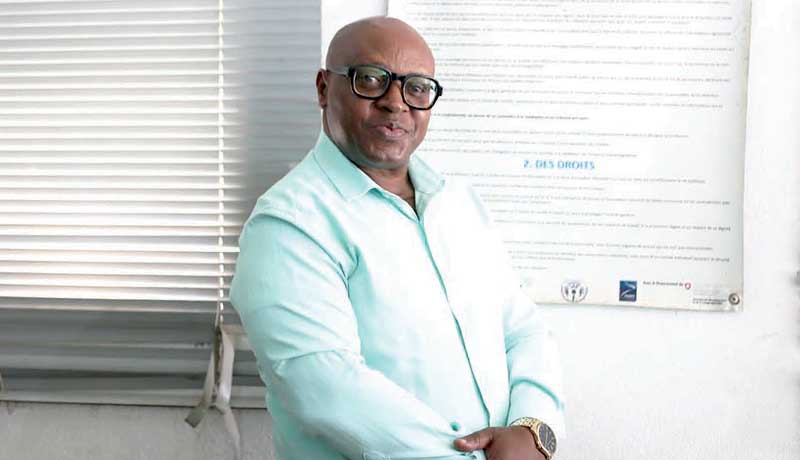
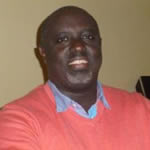

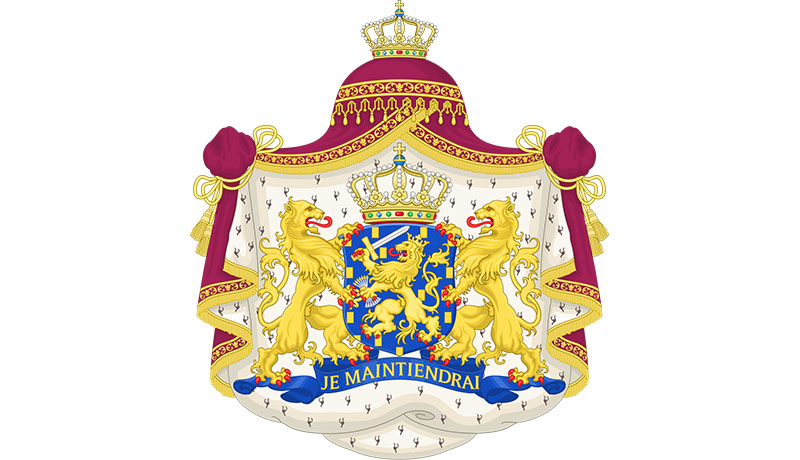
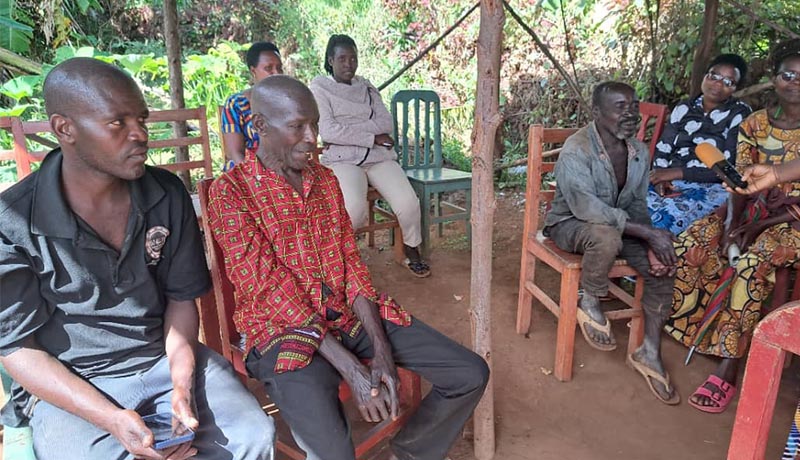
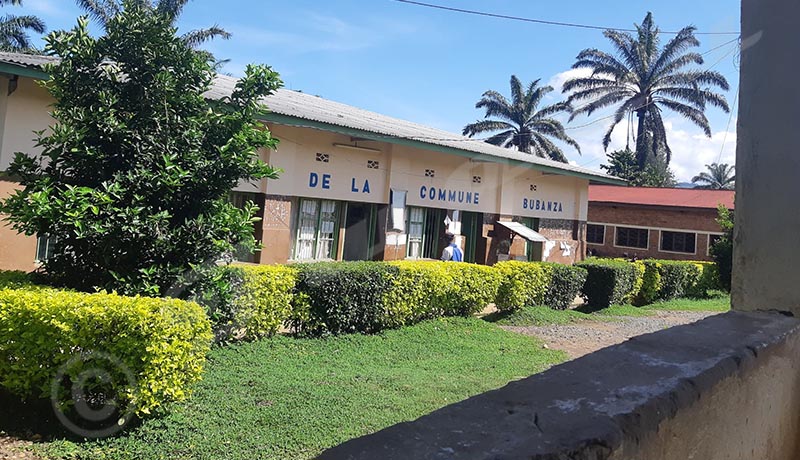
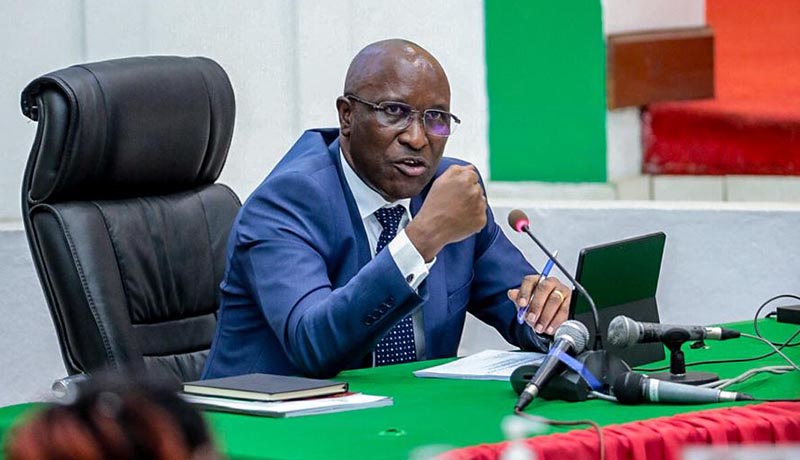
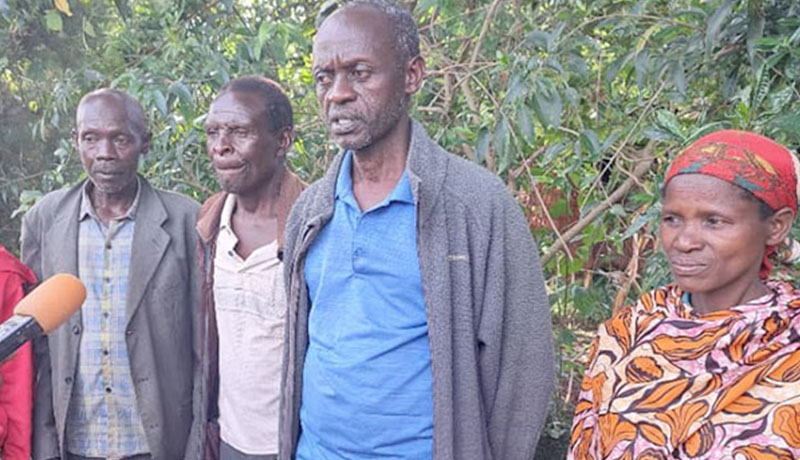







My comment sent on your article on the first session5th of East african Legislative Assembly(EALA)
How can a genocide denier be a good representative of the EALA?
After reading about the Mission of the East African Legislative Assembly of legislating, doing oversight and representing the people of East Africa in a bid to foster economic, social, cultural and political integration, I am writing to you on the behalf of more than six million of Burundian Hutu Citizens, members of the “Collective of Survivors and Victims of the 1972 Burundi Hutu genocide, in regarding the procedure on how could we file a human rights complaint against one of the Representative as a Burundi genocide denier. We do believe we have experienced discrimination and would like to file a human rights complaint with the EALA against Honorable Olivier Nkurunziza.
FACTS UNDERLYING THE COMPLAINT
When presenting a 2021 progress report before the Parliament on the 20th of December, the president of the truth and reconciliation commission (TRC) qualified the 1972-1973 crimes as a genocide against Hutu people in Burundi.
The proofs were obtained from political, administrative, and judicial decisions that had been taken by the Micombero regime. The investigations showed that different institutions including the head of state, local administration, UPRONA party, justice and the army participated and contributed to the arrests and assassinations that targeted Hutu people, he also said.
OLIVIER NKURUNZIZA REJECTED REPORT
Olivier Nkurunziza, actual president of the UPRONA (the Union for National Progress) party and currently Burundi representative at the EALA rejected the report stating that:
“We refute all accusations against our party arguing that it had been among groups which planned and carried out crimes against humanity in 1972-1973.” The UPRONA party has never had any genocidal intention. No decision has ever been taken by UPRONA members to kill Hutu people. It was even impossible considering that some leaders of the party had been kidnapped and assassinated beforehand,” said Olivier Nkurunziza.
Denial of a recognized genocide is a crime according to the Convention on the Prevention and Punishment of the Crime of Genocide approved and proposed for signature and ratification or accession by General Assembly resolution 260 A (III) of 9 December 1948, with laws against « genocide ideology » and « divisionism » used to target those who disagree with the government’s official version of history and other critics of the government.
Creating lasting peace in Burundi and in the Great lakes’ region today and in the future depends upon punishment of the group of perpetrators of genocides in Burundi in 1972 and in Rwanda in 1994 without respect to their ethnic or national background, along with justice for six million of survivors of the 1972 genocide in Burundi and their descendants, including restitution of their confiscated and stolen property, and compensation for their losses and suffering.
Respectfully, on behalf of the Executive Council of International Coordination (CECI) of the Collective of Survivors and Victims of the1972 Burundi Hutu Genocide, before and after.
Respectfully,
Is your complaint not premature?
You say: « Denial of a recognized genocide is a crime according to the Convention on the Prevention and Punishment of the Crime of Genocide approved and proposed for signature and ratification or accession by General Assembly resolution 260 A (III) of 9 December 1948, with laws against « genocide ideology » and « divisionism » used to target those who disagree with the government’s official version of history and other critics of the government. »
The General Assembly of the UN has not yet recognised the genocide against hutus in Burundi.
If you want file a complaint you probably need to file it in Burundi where you say the genocide has been recognised.
However, you probably know that Olivier was appointed to the EALA by Burundi.